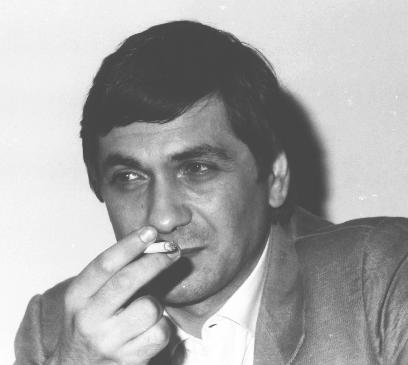
Pierangelo Miglioli
(1946 - 1999)
| Full bibliography: by type, by year |
| International conference in Memoriam P. Miglioli |
 |
Pierangelo Miglioli |
|
Pierangelo was born in Tornata, a tiny village in the Cremona countryside, in 1946. His family soon moved to Bozzolo, near Mantua, where he spent his early years. He attended high school in Mantua. He then went to Milan for college, where he graduated in Physics in 1971. His academic life was completely spent at the University of Milan. Even though he graduated in Physics, his Thesis was on program correctness. Indeed, those were the years when Computer Science was rapidly spreading in Italian Universities, and the first Computer Science programs were offered. In Milan, within the Physics department the Electronic and Cybernetic group was established in 1971 by Giovanni Degli Antoni. This was the beginning of the process that led to the creation of the Computer Science undergraduate program in 1982.
In this process, Pierangelo had an important role in the development of logic in relation to Theoretical Computer Science. We can divide Pierangelo's scientific work into three major historical phases.
Most of Pierangelo's scientific production can be organized according to the above schema, with the exception of research on Tableau calculi, that starts in 1981 with its own motivations, and represents a side interest, which however was never abandoned.
Pierangelo also played a role in the development of Theoretical Computer Science in Italy, indeed he has been one of the promoters of the Italian Chapter of EATCS since its inception. It is not accidental that some Italian Chapter conferences took place in Mantua, his homeland, to which he remained deeply attached. We found it appropriate to organize this commemorative event right here in Mantua.
Finally, we would like to mention Pierangelo's contribution as a teacher. He was able to instill attention, passion and enthusiasm in his students, and with them he always was in close, direct terms. Many asked him to be supervised for their laurea or PhD dissertation, and several have carried on to do research with him. It was his privilege to become such a leading figure in the hearly days of a new science. It is ours to follow his example.